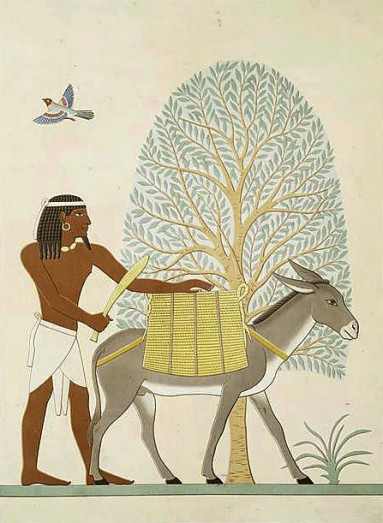Five Questions with __________ is an experiment with flash interviews. The series on poets continues with poet, translator, and physician Fady Joudah. I initially came across Joudah as a commended translator of Palestinian poets Ghassan Zaqtan and Mahmoud Darwish, but have come to fathom his poetics through his own poetry, the volumes The Earth in the Attic (Yale University Press) and Alight (Copper Canyon Press). An e-book called Textu (also from Copper Canyon Press) invents the eponymous form, with textus composed from the text-message meter of exactly 160 characters.
The worthiness of robot-conscious stylistic invention aside, Joudah’s arrangements in human English—particularly the contemporary, prodigal pulsation of his American English—are singular and essential. The pastoral sublime of houseflies, mules, hills, pine needles, and brick walls coincide with citified school kids, journalists, bulldozers, exit visas and occupying soldiers. It takes a poet of considerable nuance to grapple with autobiography in a way that invites immediate, but never maudlin, identification. Joudah is the son of Palestinian refugees and a practicing doctor, yet his universal is an inviting wading pool begetting genuine camaraderie.
Consider the doubly-embedded insiderness of “Pulse” (a fifteen-part long poem from The Earth in the Attic):
We walked back toward each other, we met, we
Read verses from the Qur’an,
Our palms open,
Elbows upright like surgeons
In Alight’s “After,” Joudah renders all the world south and the night “a bandit with gasoline.” I can feel it burning. Can’t you?
Do you take a position on men’s neckties?
Lynching gone civilized.
What should an alternative engraving for the Statue of Liberty read?
Is poetry the enemy of medical school, its antidote, or its intimate?
Poetry is medical school. All that specialized, ornate, mysterious language that is the bringing back to life of the dead, Greek and Latin, a Lazarus of reproduction, capital intertwined with compassion, death as the enemy, an impartial falling at line’s end, the illusory eternity of “I,” a democracy of privilege, a basic human right for all.
In your personal mythology, what is the place of the donkey?
The god of sleeptalking and movie extras. The messenger of water.
What do we owe our siblings and what do they owe us?
We owe each other the disintegration of identity-memory so that we may relearn to love and forgive as strangers, strangers.

